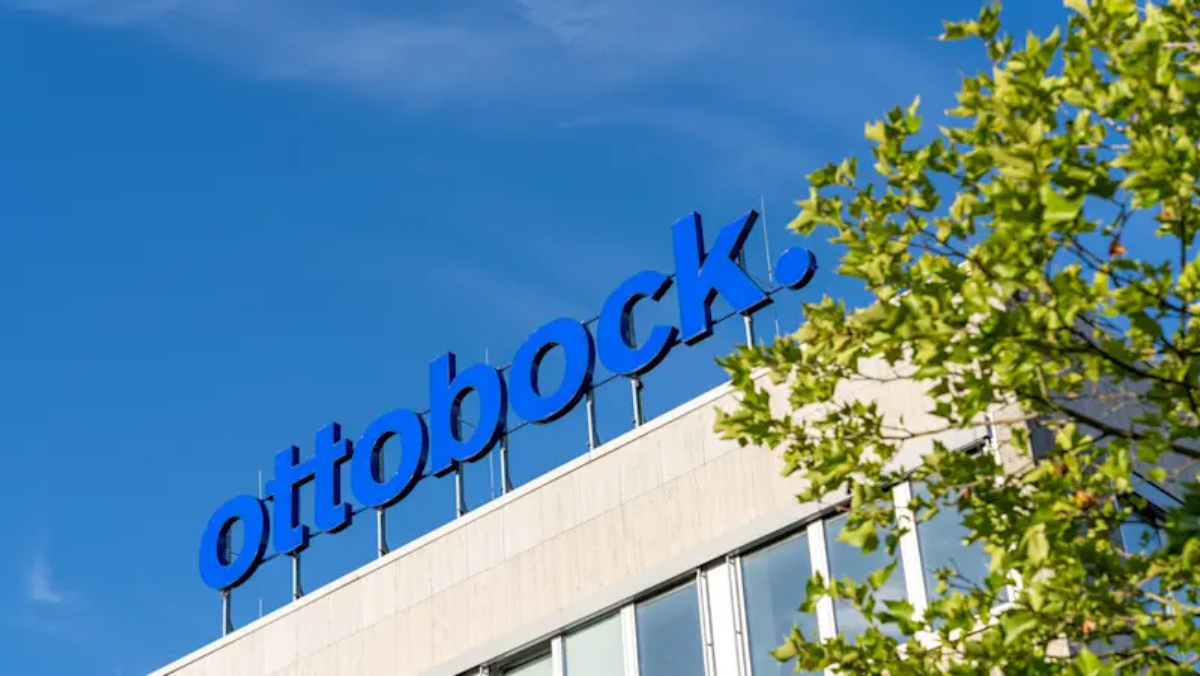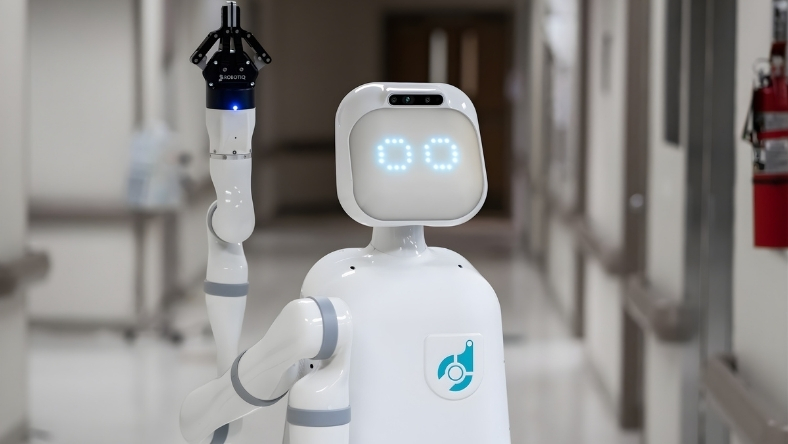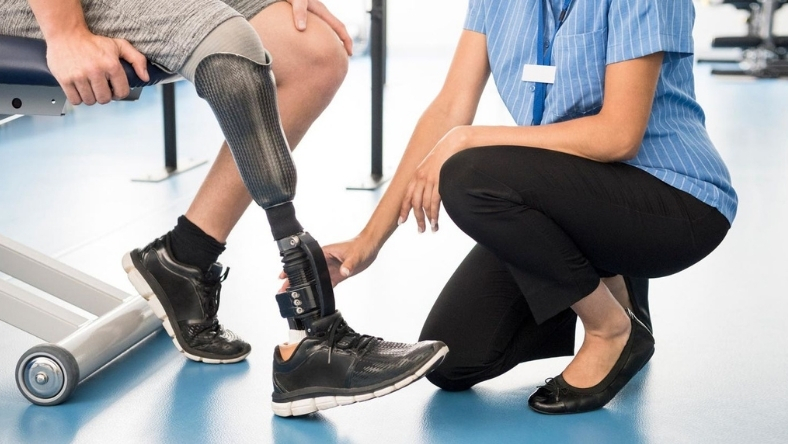INVESTMENT
Smarter Limbs Ahead: Neurotech’s $19M Leap
Phantom Neuro’s $19M raise fuels a new generation of intuitive, brain-linked prosthetics
17 Nov 2025

Momentum in the prosthetics and robotics sector is growing after Phantom Neuro secured a $19 million investment that analysts say could speed the development of more intuitive control systems. The round, led by the global mobility company Ottobock and joined by several technology investors, highlights a shift toward strengthening the interface between users and their devices rather than refining hardware alone.
Phantom Neuro’s technology centers on a miniature implant designed to capture muscle signals beneath the skin and translate them into commands for robotic limbs. According to company statements, the implanted approach offers greater reliability than surface sensors, which can be hampered by signal noise and inconsistent performance. Industry observers say this improved accuracy could enhance user confidence and move prosthetic motion closer to natural human movement.
The timing of the investment reflects rising demand for adaptive mobility tools capable of responding instantly to a user’s intentions. Ottobock’s decision to lead the round underscores its view that seamless communication between the human body and advanced robotics will define the next era of prosthetic design. An executive from the company described neural-signal technology as a critical step toward achieving real-time responsiveness.
This strategic emphasis mirrors broader shifts across the market, where developers increasingly blend neuroscience, robotics and intelligent software. The trend parallels rapid gains in wearable technologies and growing expectations that prosthetic devices should function as true extensions of the body. Challenges persist. Implantable systems require surgery, training and calibration, prompting concerns around access, affordability and insurance coverage. Analysts note that such issues remain significant but may become easier to address as public institutions and research partners expand support for advanced mobility research.
Optimism is nevertheless increasing as investors position sensor-driven prosthetics as a defining innovation of the decade. Clinicians have also expressed interest in tools that promise greater independence, precision and comfort for patients. For many in the field, Phantom Neuro’s milestone signals more than a financial boost. It suggests accelerating momentum toward human-centered prosthetic technologies.
As the company moves toward human trials and regulatory review, analysts expect competition to intensify. The outcome, they say, could shape how neurotechnology and robotics redefine mobility for users in the years ahead.
Latest News
27 Jan 2026
From Solo Bots to Team Players in Healthcare26 Jan 2026
Serve expands into hospitals with Diligent acquisition22 Jan 2026
Health Systems Point to a New Era in Prosthetics Care20 Jan 2026
In Prosthetics and Robotics, Bigger Is Becoming Better
Related News

PARTNERSHIPS
27 Jan 2026
From Solo Bots to Team Players in Healthcare

INVESTMENT
26 Jan 2026
Serve expands into hospitals with Diligent acquisition

MARKET TRENDS
22 Jan 2026
Health Systems Point to a New Era in Prosthetics Care
SUBSCRIBE FOR UPDATES
By submitting, you agree to receive email communications from the event organizers, including upcoming promotions and discounted tickets, news, and access to related events.